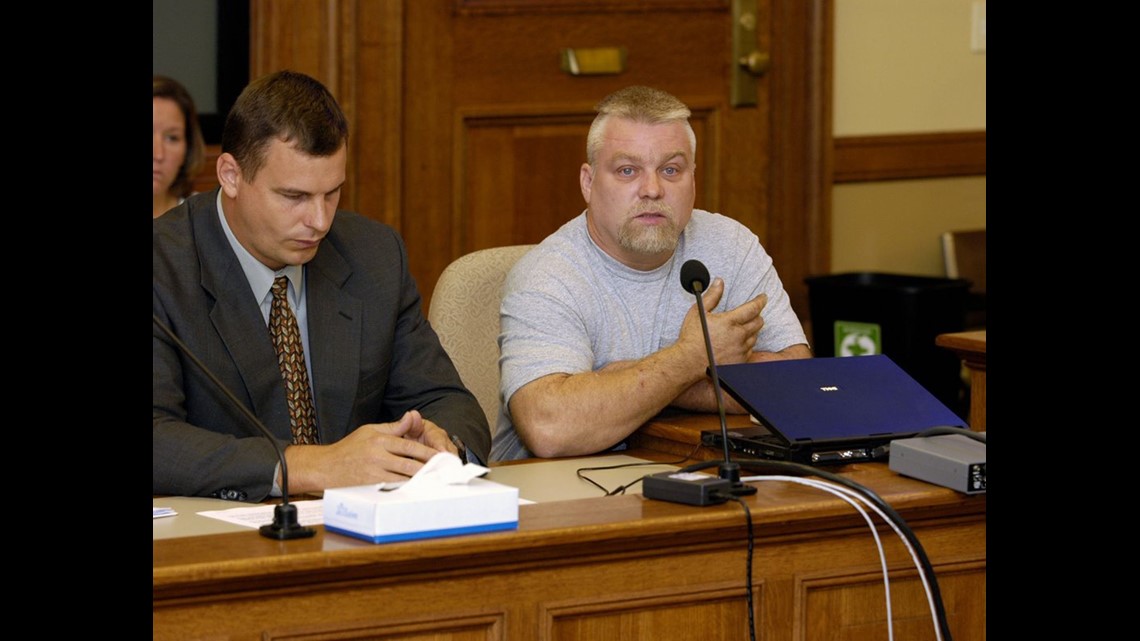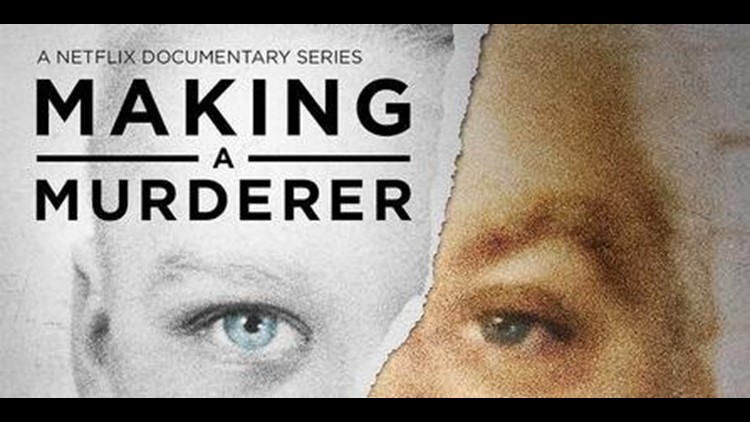NEW YORK — A member of the jury that declared Steven Avery guilty in 2007 actually believes Avery was not guilty but was afraid to say so at the time, the makers of the sensational Netflix documentary “Making a Murderer” said Tuesday.
“They believe Steven was framed by law enforcement and that he deserves a new trial, and if he receives a new trial, in their opinion it should take place far away from Wisconsin,” Laura Ricciardi said on NBC’s “Today” show.


Ricciardi and her producing partner, Moira Demos, did not identify the juror.
“The juror contacted us directly and told us the verdicts in Steven’s trial were a compromise,” Ricciardi said.
Avery, a Wisconsin man, was found guilty of murdering Teresa Halbach but not guilty of a charge of mutilating a corpse.
“Making a Murderer” recounts the trial and raises numerous questions about possible police and prosecutorial misconduct. Since its premiere on Netflix two weeks ago, it has captivated viewers and stirred new calls for a retrial. Hundreds of thousands of people have signed petitions supporting Avery.
Meanwhile, the lead prosecutor in the case, Ken Kratz, has denounced the documentary as biased in favor of the defense.
Avery’s defense attorneys argued that Avery could have been framed for Halbach’s murder. At the time of Halbach’s death, Avery was suing local authorities for compensation due to his wrongful conviction in a 1985 rape case. (The conviction was overturned in 2003.)
The ten-part “Making a Murderer” series did not include any interviews with the jurors who convicted Avery in 2007, but it did include comments from a juror who was excused from deliberations due to a family emergency.
Ricciardi and Demos said the new, unnamed juror came forward recently.
About the alleged compromise, Ricciardi said, “That was the actual word the juror used, and went on to describe the jurors ultimately trading votes in the jury room. Explicitly discussing, ‘If you vote guilty on this count, I will vote not guilty on this count.’ That was a significant revelation.”
According to the juror, the finding of not guilty on the count of mutilating a corpse — a “split verdict” — was intended to “send a message to the appellate courts,” Demos said.
“They thought that Steven would get a new trial,” Demos added. “That was sort of their plan and it didn’t work out that way.”
Wisconsin’s Supreme Court rejected Avery’s later bid.
Demos said the juror told them that “they were afraid if they held out for a mistrial — that it would be easy to identify which juror had done that and they were fearful for their own safety.”



